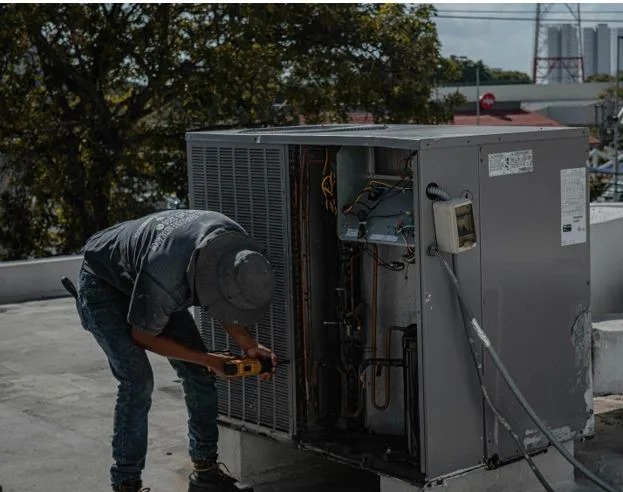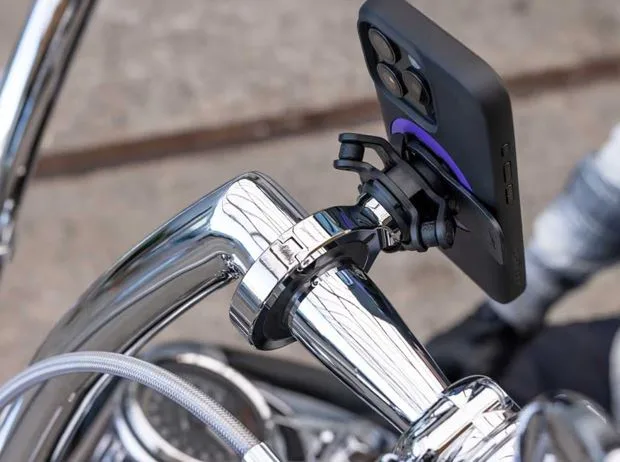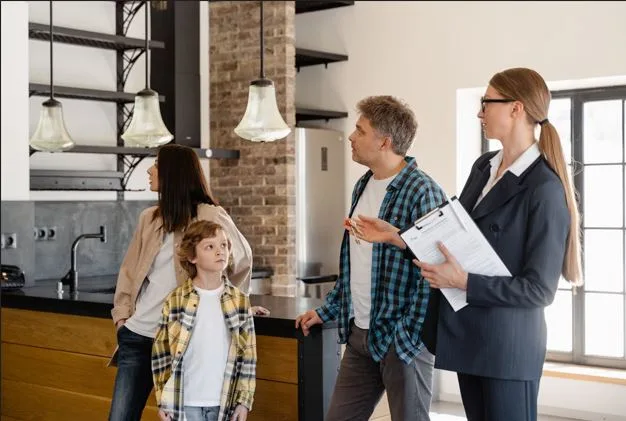Top HVAC Myths Homeowners Should Stop Believing
When you live in a city like Des Moines, where winters can be brutally cold and unpredictable, your heating system becomes one of the most important parts of your home. Reliable warmth isn’t just a matter of comfort. It’s about safety and peace of mind. Unfortunately, many homeowners unintentionally put their systems at risk by falling for common HVAC myths. These misconceptions often seem harmless, but over time, they can lead to higher energy bills, wasted money on unnecessary habits, or even a breakdown in the middle of the season.
For example, delaying small repairs or ignoring routine service may feel like a way to save time or money, but in reality, it often has the opposite effect. Experts in HVAC care warn that catching issues early and scheduling maintenance before extreme weather hits can make all the difference. With that in mind, it’s worth taking a closer look at the most common myths about heating and cooling systems. By separating fact from fiction, you can take better care of your home and avoid costly mistakes.
Myth 1: Small Heating Issues Can Wait to Be Fixed
One of the most damaging myths is the belief that small heating issues can be ignored until they get worse.
Timely attention is especially important in colder areas. If you delay scheduling, those small issues could turn into a complete breakdown right when you rely on your system the most. By getting repairs done early, you save money in the long run, avoid sudden emergencies, and ensure your system keeps running smoothly when temperatures drop. So, if you’re looking for heating repair in Des Moines, IA, multiple local experts can help you identify potential problems and handle them before they escalate, giving you peace of mind throughout the winter.
Myth 2: Cranking Up the Thermostat Heats Your Home Faster
Another common misconception is that turning the thermostat up higher will make your home heat faster. The truth is, your furnace or heating system works at a consistent rate no matter what temperature you set. Cranking it up doesn’t speed the process. It just keeps running longer, which can lead to overheating your home and wasting energy.
Instead of turning the thermostat way up, it’s better to set it to your desired temperature and let the system work steadily. If you’re looking to warm up faster, adding small habits like closing curtains to keep heat in or using a space heater in a single room can help without increasing your energy bill.
Myth 3: Shutting Vents in Empty Rooms Lowers Energy Use
Many homeowners believe that shutting vents in unused rooms helps save money by reducing the area that needs heating. While this might sound logical, it actually does more harm than good. Modern HVAC systems are designed to distribute air evenly throughout your home. When you close vents, you disrupt this balance, which increases pressure in the ducts and puts unnecessary strain on your system.
Over time, it can cause leaks, reduced efficiency, and even damage to your heating equipment. A better solution is to talk to a professional about zoning systems or programmable thermostats that give you control over how each part of your home is heated without stressing the system.
Myth 4: Air Filters Only Need Changing Once a Year
Air filters play a bigger role in your HVAC system than many people realize. They don’t just keep your air clean. They also protect your system from dust and debris that can cause strain and reduce efficiency. A common myth is that these filters only need to be changed once a year, but that’s far from the truth.
In most households, filters should be checked monthly and replaced every one to three months depending on use, pets, and overall air quality. Neglecting this task can lead to poor airflow, higher energy bills, and even health problems from dirty indoor air. Replacing filters regularly is one of the simplest and cheapest ways to keep your HVAC system running smoothly.
Myth 5: Bigger HVAC Systems Always Work Better
Some homeowners assume that the larger the HVAC system, the better it will heat or cool their home. It couldn’t be further from reality. When a system is too large for the space, it tends to have a short cycle, meaning it turns on and off more frequently than it should. It not only wastes energy but also leaves your home with uneven temperatures and unnecessary wear on the system.
On the other hand, a system that’s too small will constantly struggle to keep up with demand, leading to the same result: inefficiency and higher bills. The key is to have a system that’s properly sized for your home by a professional who understands both your square footage and insulation needs.
Myth 6: Maintenance Isn’t Necessary Unless Something Breaks
One of the most widespread myths is that maintenance is only necessary when something goes wrong. The “wait until it breaks” approach is what often leads to emergency calls and expensive repairs. Just as cars need regular oil changes and tune-ups to stay in good condition, your HVAC system requires ongoing maintenance to keep running efficiently.
Regular inspections and tune-ups help catch small issues before they turn into big problems. They also improve efficiency, extend the life of your system, and keep energy bills under control. Most experts recommend scheduling maintenance at least once a year, ideally before the heating or cooling season starts, so your system is ready when you need it.
Your HVAC system is one of the hardest-working parts of your home, and falling for common myths can make it less reliable, less efficient, and more expensive to maintain. From ignoring small issues to relying on oversized systems or skipping maintenance, these misconceptions can cost homeowners far more in the long run than they realize.
The good news is that by separating fact from fiction, you can take simple steps to protect your investment, stay comfortable, and avoid stressful breakdowns. The next time you hear advice about your heating or cooling system, take a moment to question whether it’s based on fact. In the end, informed decisions and timely care are the best ways to keep your home comfortable year-round.






